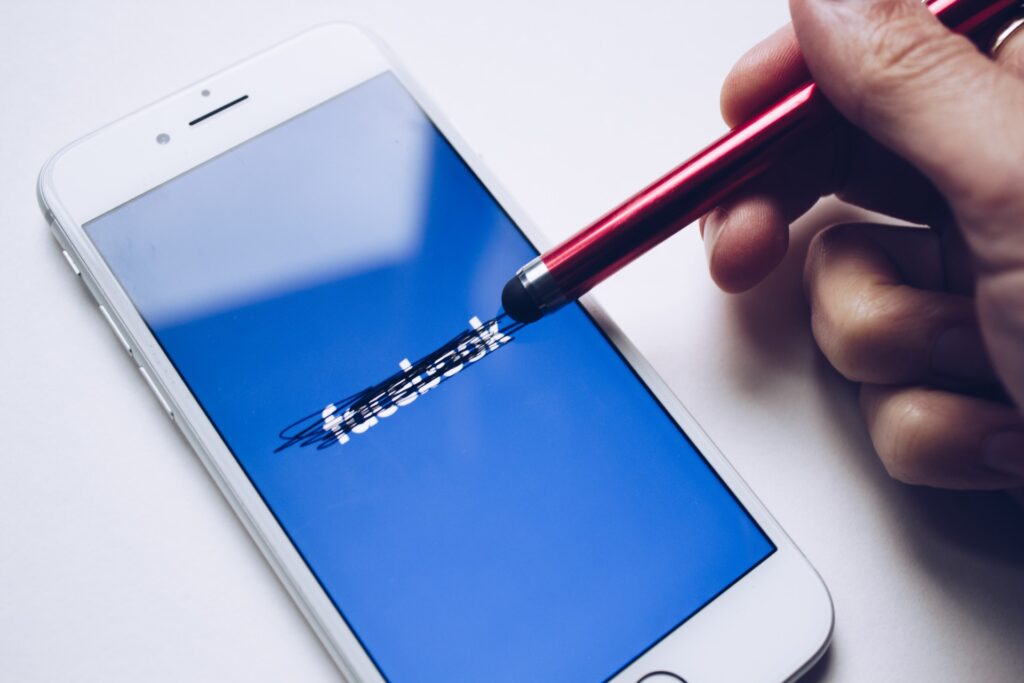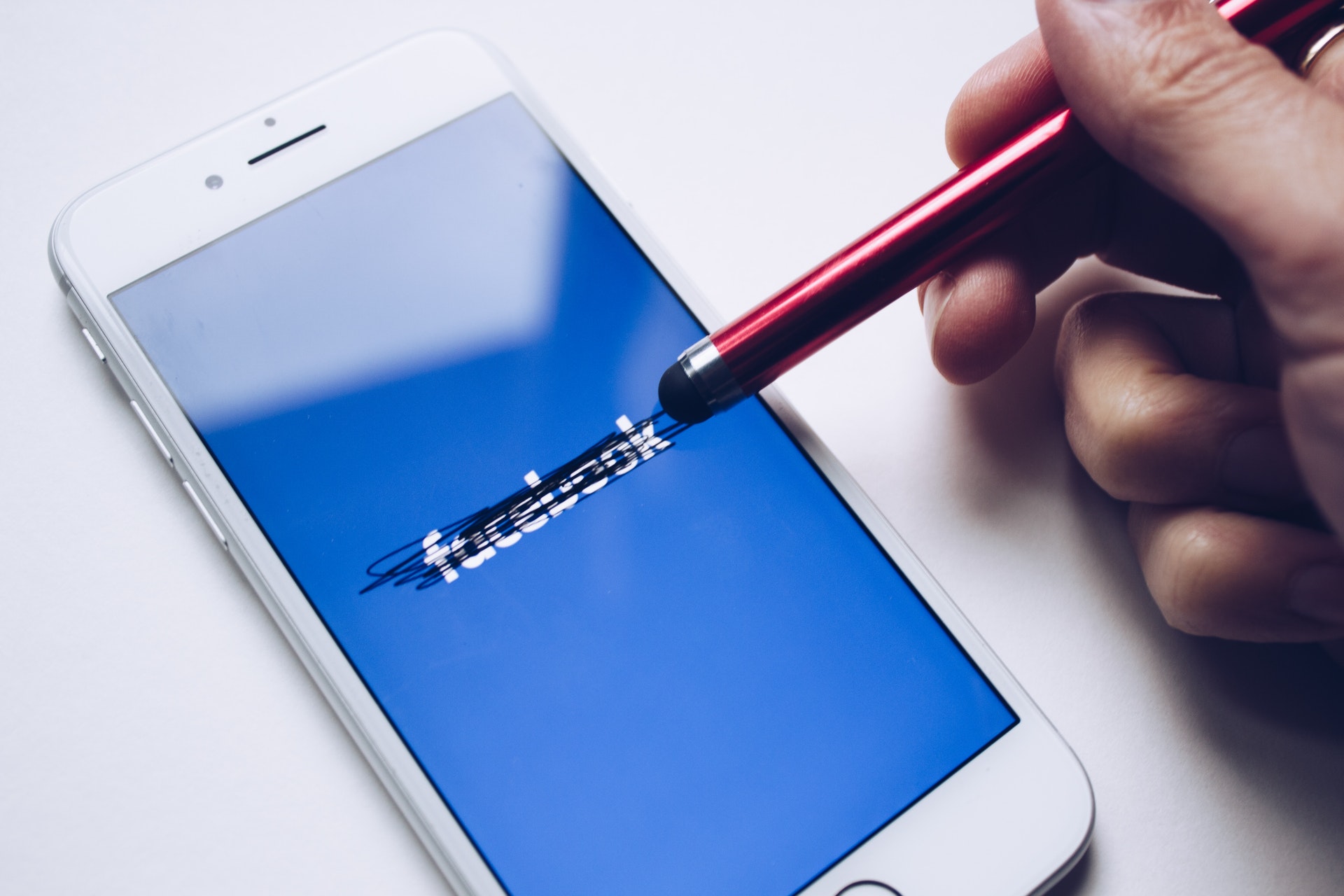If you were awake in the wee hours of yesterday looking to Instagram or Facebook for memes before calling it a night, you would have been sorely disappointed. Facebook’s platforms faced a major outage which lasted most of last night. Even WhatsApp wasn’t spared from the outage as messages failed to go through – which might have been a welcome reprieve for many of us.

It seems like connectivity and social media isn’t the only thing that experienced the outage. Reports have surfaced that the outage also affected Facebook’s staff emails and even office badges. So what actually happened?
Essentially Facebook and all its properties disappeared from the internet. How? Well, the cause is a change in the settings of the internet infrastructure between Facebook’s data centres. These changes essentially made it so Facebook and its properties couldn’t be found when browsers and apps looked up anything address that led to the company’s servers. Facebook’s official explanation for this is an error in the updated settings which had a cascading effect.

“Our engineering teams have learned that configuration changes on the backbone routers that coordinate network traffic between our data centers caused issues that interrupted this communication. This disruption to network traffic had a cascading effect on the way our data centers communicate, bringing our services to a halt.“
However, many cyber security companies have come forward and suggested that there may be more to the outage than meets the eye. Some have suggested the underlying cause of the outage may, in fact, be a hack or breach in Facebook’s data servers. According to Acronis, DNS and BGP (Border Gateway Protocol) are popular targets for malicious players to mount cyber-attacks. There is a myriad of ways that they can do this from social engineering to hijack through the registrar or simply by affecting the settings themselves. Facebook tries to downplay this saying that there is no evidence of data being compromised.

“There are various potential attacks against DNS infrastructure – from DDoS attacks to local DNS rebinding or hijacking a DNS with social engineering against the registrar. Looking at overall attack statistics, they are a lot less popular than common malware and ransomware attacks, but they can be extremely devastating if successful in a sophisticated attack. It’s like pulling the electric cable to your server room – whole enterprise suddenly goes dark.“
Candid Wuest, Acronis VP of Cyber Protection Research
Cloudflare corroborates both Facebook’s official statement and also Acronis’ in their own blog post. The company states that they saw a peak of routing changes from Facebook at 15:40 UTC (10:40 PM in Malaysia). It was only after this that the outages followed.
Was Facebook Trying to Silence Whistleblowing?
While that may be the case, it seems like there is a growing theory that Facebook’s outage was not an accident. The company has been under fire in recent months after inklings of potentially damning accusations came to light. The data showed that Facebook had been ignoring and hiding its own internal data that Instagram could be potentially harmful to teens. This was also one of the reasons why Instagram Kids was put on ice. It was also revealed that the company had a separate set of standards for public figures.
The information has since been linked to Frances Haugen, a former Facebook employee. Why is this being linked to the outage? Well, it seems that the outage occurred following a very damning interview with CBS’s 60 Minutes. While the timing maybe a little bit suspicious, there hasn’t been any data to support the theory.
Be that as it may, the outage did more than just inconvenience users of Facebook’s many apps, it also affected the net worth of CEO, Mark Zuckerberg. Zuckerberg saw billions in losses as the company’s stocks tanked in light of the outage. It’s not been a very quiet 2021 for the company and, hopefully, this isn’t an indication of things to come.






